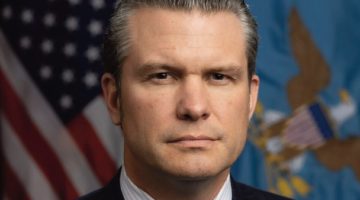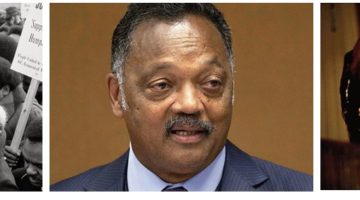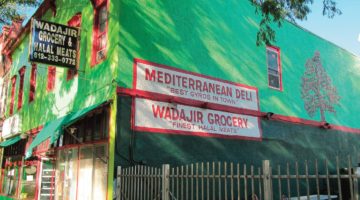 Florida International University
Florida International University
Dozens of Liberty City residents and volunteers from Citibank teamed up with Habitat for Humanity Saturday to build or renovate homes as part of what Habitat calls its “Liberty City Shine” campaign.
Habitat already has built 200 homes in the area over the last three years, providing the opportunity of home ownership to people for whom it might not otherwise be possible.
“What we are doing here goes far beyond giving this people a place to live,” said Joseph McDaniels, a Habitat spokesman. “By engaging all the neighbors directly with the construction of their homes, we are helping them create a community, where everyone knows and helps each other.”
Potential first-time homeowners who successfully go through financial screening and invest “sweat equity” by helping build other houses put down about $1,500 for a $135,000 house and make $600 to $800 monthly payments on a no-interest mortgage.
Miami Habitat recently committed to building 150 more homes in Liberty City.
The group also organizes “A Brush for Kindness” which offers existing homeowners help with minor repairs and helps beautify neighborhoods by planting gardens.
In 2005, after Miami-Dade County asked Habitat to salvage the semi-abandoned Scott/Carver public housing development, the organization built 52 homes. Following that success, the county donated more than 150 lots to Habitat for home construction.
Habitat received $9.3 million in federal stimulus money over the next three years to help pay for its projects in Liberty City and elsewhere in the area.
It uses the money to purchase foreclosed and abandoned properties for rehabilitation, in addition to its home construction and “Brush for Kindness” efforts.
Bennie Cummings, 71, said he came to Habitat after seeing how it helped others.“I saw them working around the local neighborhoods seven years ago and I joined them to help,” he said. “Before we started working here with Habitat, people were being killed in these streets. Now the picture is very different.”
The goal, McDaniels said, is to use home ownership as the spark to turn neighborhoods around.
“Residents no longer have to lock themselves up in their own homes because it is dangerous because now they know who lives around and can help each other,” McDaniels said.












No Comment